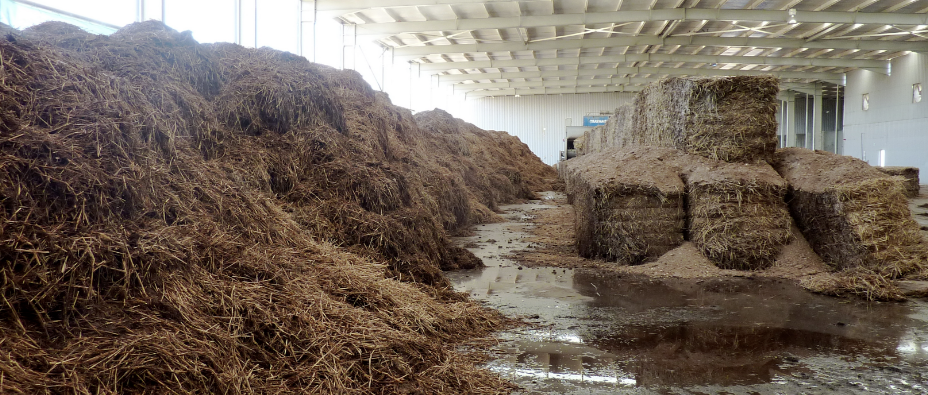
Gardening is a great hobby, but the use of chemicals is off-putting for many people who would prefer to maintain an organic garden. Fortunately, there are many quality alternatives to chemicals, meaning you can grow a beautiful garden without having to poison the soil in one way or another. In this article, we are going to talk about mushroom compost, which is one of the leading organic options for feeding plants.
Just as It Sounds
The name ‘mushroom compost’ does a good job of explaining exactly what this product is all about. It is composed which is produced by mushroom growers, using a variety of organic materials. While there is not a standard method which is used across the board by all growers, you can expect most mushroom compost products to be relatively similar. In all, it usually takes a few weeks to produce mushroom compost.
Why Would You Use Mushroom Compost?
So, why would you use this product in your garden? There are a number of potential benefits. For starters, as mentioned above, this is an organic product. If you aren’t wanting to use other, potentially damaging fertilizers, mushroom compost represents a viable alternative. Typically, you will see it at your local garden or home store, marked as either SMC or SMS. Generally speaking, you can use this product wherever you might use compost typically, such as your lawn, your containers, and your garden.
From a performance perspective, you can look to mushroom compost as a way of supporting overall plant growth. When adding to your garden, be sure to mix the compost properly with the existing garden soil. A variety of different types of flowers, fruits, vegetables, and more can thrive in the presence of mushroom compost.
A Word of Warning
While there is a lot to like about mushroom compost, this is not a perfect product. The main concern that needs to be addressed when using this type of compost in your garden is the high salt levels. If too much of this compost is used, or if it is used with the wrong types of plants, the salt levels can become an issue. Specifically, rhododendrons, azaleas, and young seedlings are not well-suited for mushroom compost. Think carefully about what is growing in each part of your garden and plan accordingly.
Using compost is a common plan for most gardeners, and there are plenty of compost products to pick from on the market today – or you can produce your own. Should you decide to head to the local home store to purchase compost, give careful consideration to mushroom compost as a viable option. As long as you are not growing plants which are particularly sensitive to the salt level of this product, SMC or SMS is a smart pick. You can do your garden a favor by using a quality compost product, and you can do the environment a favor by opting for organic forms of fertilization.
